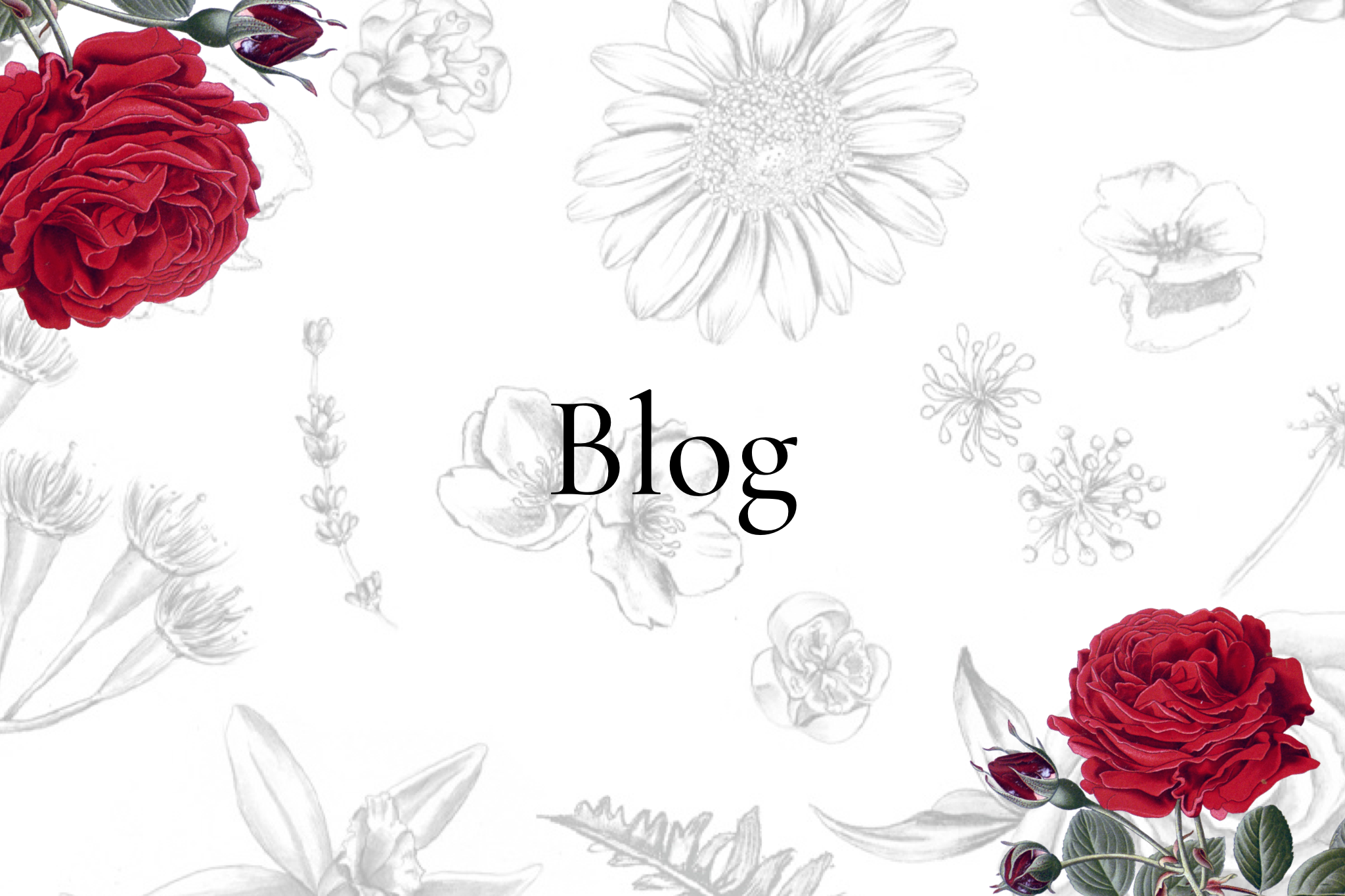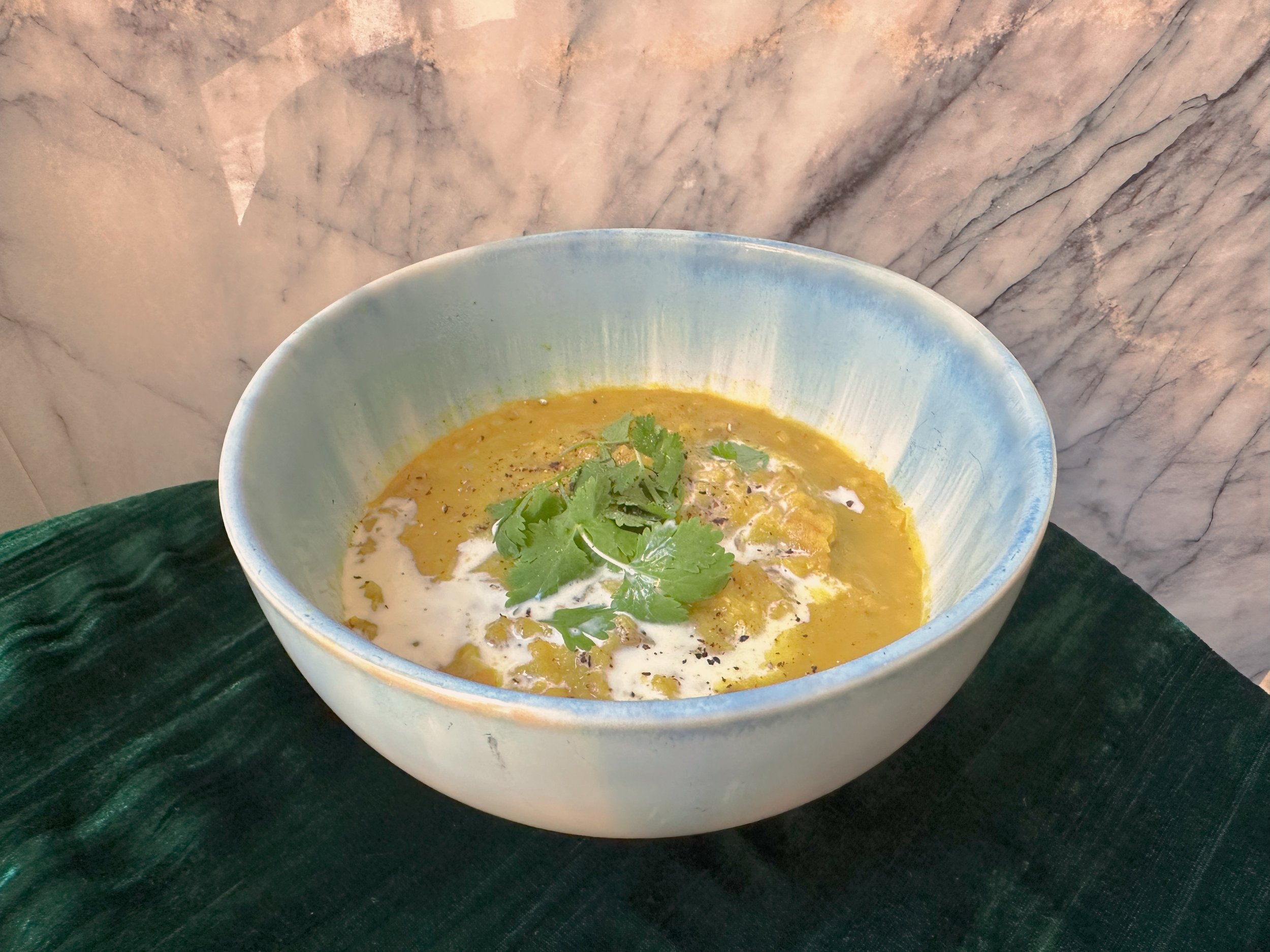I was feeling rather calm about the Coronavirus Covid-19 until about two days ago, when I read the tweet of a doctor in Italy describing the scenes of overstuffed hospital wards and not enough supplies to go round. Their resources are being rationed out to only the most high-risk patients, that is patients over 65 years of age.
Witnessing the pandemic conditions and overextension of medical staff overseas, I feel we all have a responsibility to minimise risk of spreading the disease further. For me that means lots of hand washing and laying low. I’m also going to make sure my loved ones have their own bottles of herbal tincture, to boost immunity and reduce anxiety in these rather strange times.
I see a lot of “don’t worry, it only affects older and immune compromised people” being thrown around on social media, as if older and immune compromised people aren’t among us, important or loved. These members of our society can benefit most from herbal support through this epidemic.
I love herbs because they come in whole package of phytonutrients and medicine all compete with the co-factors that help absorption and function in the body. I’ve come to think of them as super concentrated forms of nutrition and healing. They are taken directly from nature, and their unique make up interacts with our make-up perfectly.
So what does Covid-19 actually do to you and what herbal support is out there to look after your immune system?
Most people get a mild case of the illness, a dry cough, a runny nose, fever and feel generally run down. Some have no symptoms and all, this is thought to be because they have particularly strong immune systems. For some though, they’ll be sicker than others, their lungs will be affected and they’ll have difficulty breathing, and in the very worst cases, there will be organ failure and death.
This is an overly simplified explanation of what Covid-19 actually does:
When first entering the body, Covid-19 likes to invade the cilia in your lungs. The cilia are like little hair like structures that move in synergistic waves. Their job is to coax debris and unwanted substances out of your lungs, - like phlegm and mucous. Their little wave actions of the cilia gradually move unwanted mucous and debris up out of your airways, where you are stimulated to cough and get rid of it altogether.
If the virus is beating your immune system it will kill your cilia, and you will lose the ability to expel mucous from your lungs. Instead of coughing up, phlegm sits in your lungs impacting your ability to breathe (pneumonia). You can support the health and resilience of your cilia with herbs such as Licorice, Elder, and Astragalus.
The virus enters your cells by attaching to angiotensin converting enzyme (ACE-2) receptors on the cell surface. When they infect your cells ACE-2 is down regulated, and all the functions that ACE-2 performs - of which there are several important ones- downregulate (aka reduce) as a result . One of the functions of ACE-2 is protecting the lungs from a build up of mucous. Protection of the lungs is compromised and then mucous and unwanted substances are able to build up in the lungs. ACE-2 tends to be lower in older people and this is likely one of the reasons they succumb to the virus more than fitter, younger people. Gingko, Licorice, Baical Skullcap, and Dan Shen can support ACE-2. Hawthorn and olive leaf may help protect your lungs and other organs from injury.
Gingko is a tonic for older age so I particularly like this herb to use as a preventative in our older relatives. Astragalus is wonderful for chronically depleted immunity and another great one for the immune compromised to take preventatively.
Though you may recover from the virus after a few weeks, scarring on the lungs has been observed in recovered patients. Damage to the lungs can take months to repair, and doctors studying the effect of Coronavirus on lungs in Wuhan aren’t convinced the scarring will ever repair. So supporting your lungs as much as possible before and through infection is crucial.
When the virus overtakes enough cells, your immune system can go into overdrive and release a cytokine cascade. This is where key organs can shut down, such as your lungs and kidneys. There are a number of biological chemical interactions that happen at this point that may lead to total shut down and death. Again, this is only in a very small percentage of the population, and observed in the aged and immune compromised.
Cordyceps, olive oil and leaf and Japanese knotweed are great for protection of Cilia and endothelial cells against scarring and damage. Astragalus, Baical skullcap, Cinnamon and Elder support your body systems in protection against cytokine cascade.
Cinnamon, ginger and cayenne are warming and circulatory stimulating, to promote action in your immune system. These spices are easy to add to food and can be taken as tinctures or in teas as well.
The high antioxidant content of Olive leaf and Japanese knotweed has been shown to protect against ischaemic damage - that is damage to cells when oxygen supply has been reduced. With this herbal support your cells may manage to withstand the hostile conditions of viral attack just a bit longer.
Vitamin C in doses between 6000 and 12000 mg is being administered to patients in China, as it seems to be helping. Doctors on the front line in China are also recommending Vitamin C as a preventative measure, so make sure you get lots of fresh, raw fruit and vegetables to maximise your Vit C intake. Great sources include blackcurrants, broccoli, citrus fruits, guavas, pineapples, rosehips, strawberries and tomatoes. It’s also available quite cheaply in supplemental form,aim for 3000mg per day. Be sure to make a good cold pressed olive oil dressing for your salads as well.
Zinc has wonderful evidence behind it for reducing the duration of symptoms in respiratory viral infections. In fact, scientific literature has found zinc inhibits the virus from replicating by inhibiting Coronavirus RNA polymerise activity. The trouble is you need to get enough zinc inside the infected cell, which is tricky. In China and South Korea, Coronavirus patients are being administered with a pharmaceutical drug called Chloroquine Phosphate which is an anti-malarial drug that opens the gates of the infected cell and allows the zinc to pass through. Once inside the cell, zinc stops the virus replicating. That specific medication is available by prescription only through a doctor and it comes with side effects. I, by no means, recommend that you go out and request a prescription from your doctor. Making sure your zinc intake is good, balancing with a diet rich in a variety of fresh foods, and supplementing with zinc if you’re low will help. Although I don’t have the scientific papers, I wouldn’t be surprised if some of the anti-viral herbs here help the passage of zinc into an infected cell in the same way.
Foods high in zinc include pumpkin seeds, red meat, bilberry, brewers yeast, capsicum (also a great source of vitamin C), egg yolks, ginger, milk, seafood and wholegrain.
Not all herbal supplements are created equal. To access high quality herbal tinctures you can book in for an online acute immune consult. It’s very affordable, it takes 15 minutes and the consult fee includes a custom-made liquid herbal blend for your unique circumstances. It’s easy to book in through this link. We’re blessed to have these herbal plant allies, robust with health-supporting phytochemicals, at our fingertips. It would be a shame not to use them.
References
https://www.technologynetworks.com/neuroscience/videos/coronavirus-epidemic-update-34-us-cases-surge-chloroquine-and-zinc-treatment-combo-and-the-lockdown-331935
https://onlinelibrary.wiley.com/doi/full/10.1002/jmv.25722
Kerry Bones, Simon Mills Principles and Practice of Phytotherapy 2nd Ed (2013) Churchill Livingstone Elsevier
Henry Osieki, The Nutrient Bible 7th ed, Bio Concepts Publishing
Steven Harrod Buhner, Herbal Treatment for Coronavirus Infections, 2020



























For the sake of better health, I want you to think seriously and honestly about what habits are impacting negatively on your health and what can you can do to avoid those triggers.